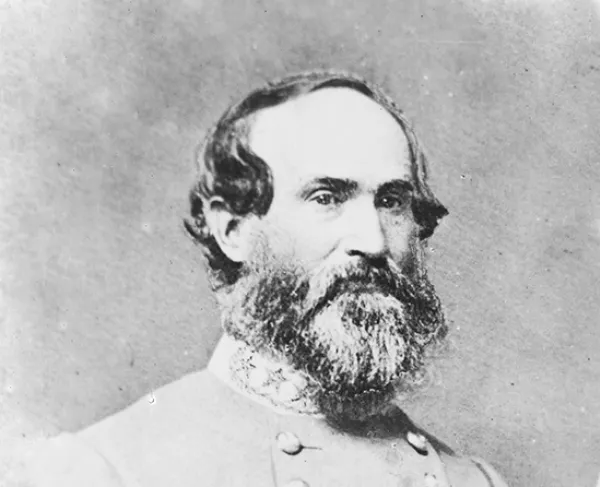Jubal Early

Jubal Anderson Early, graduated 18th in a class of 50 from the United States Military Academy in 1837. He spent his early military career fighting Seminole American Indians in the Florida region, and resigned soon thereafter. Early, a successful lawyer, served in the Virginia House of Delegates before being interrupted by the Mexican War where he served as a major of Virginia volunteers.
Prior to the Civil War, he was passionately opposed to secession and even voted against it, but later accepted orders as Colonel of the 24th Virginia Infantry. Following his infantry’s performance at First Manassas, Early was promoted to Brigadier General. He fought in most of the major battles in the Eastern Theater, including the Seven Days Battles, Second Bull Run, Antietam, Fredericksburg, and Chancellorsville. He received promotion to major general on January 17, 1863. Early’s service was important during the Salem Church and the Gettysburg campaigns. At the Battle of the Wilderness, Early briefly commanded the Corps of A.P. Hill, and received a promotion to lieutenant general on May 31, 1864 for his actions. He also served during the battles at Spotsylvania Court House, as well as Cold Harbor, where he replaced Ewell.
Early took command of the 2nd Corps after General Ewell’s temporary retirement, where he proved victorious over Union General Hunter in the Shenandoah Valley and Wallace at Monocacy. Early stood before the gates of Washington on July 11, 1864, but the arrival of Union reinforcements prevented Early from attacking the Union capital. The rest of 1864, however, would not end as well as it started. In September of that year he was defeated by Sheridan at Winchester and Fisher’s Hill. Although he tried one final surprise attack against Sheridan at the Battle of Cedar Creek, his men were repelled. His command was dispersed by General Custer in March of 1865 in Waynesboro, Virginia.
Early, or “Old Jube” to his men, fled to Mexico in disguise after the war, but returned later at the end of his life. Early was laid to rest in Lynchburg, Virginia in March of 1894.
Related Battles
17,000
13,000





